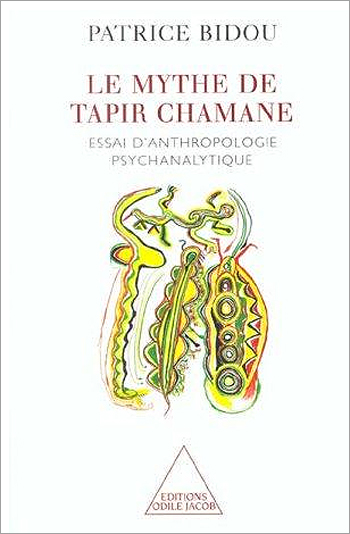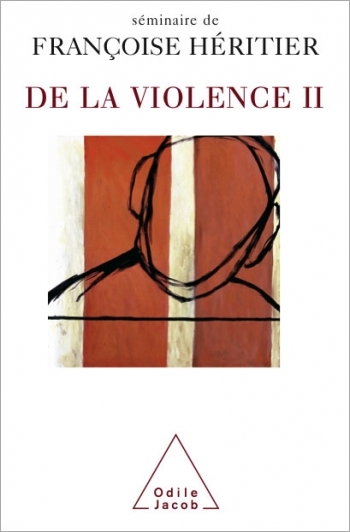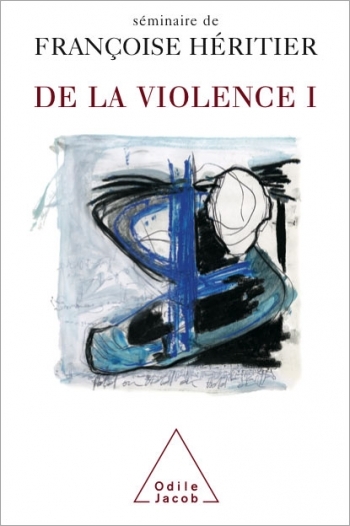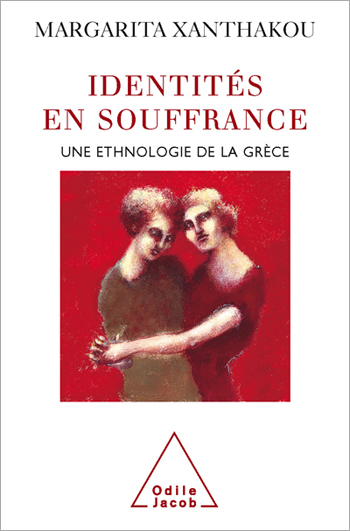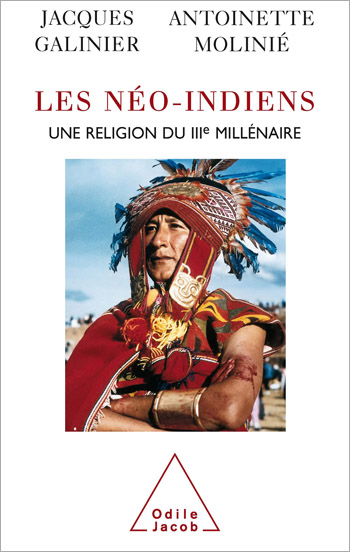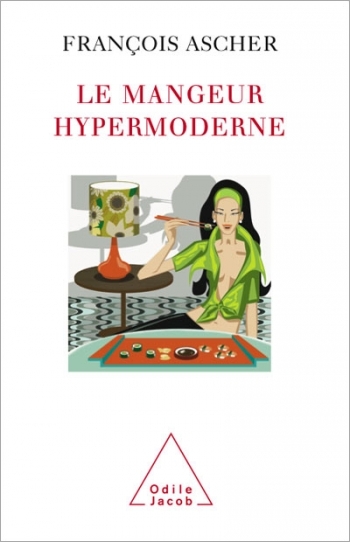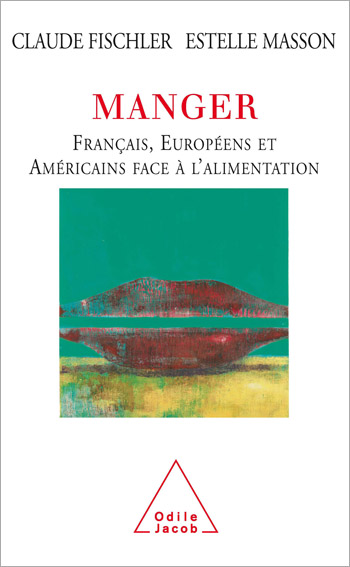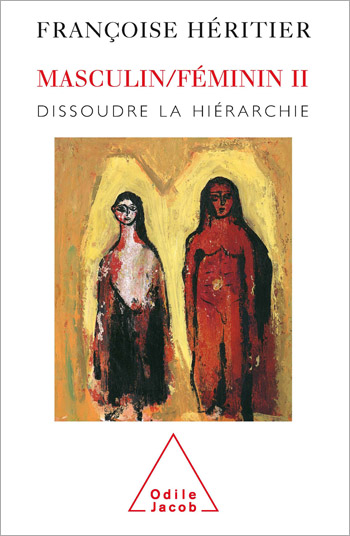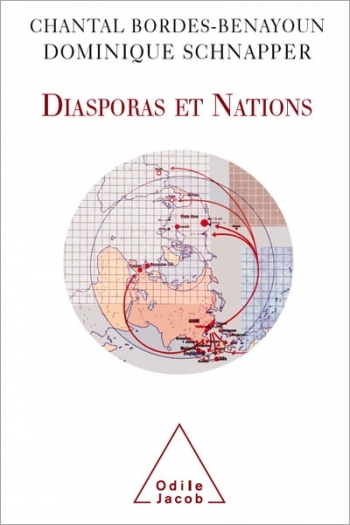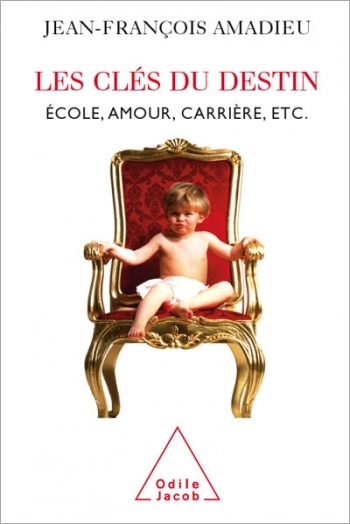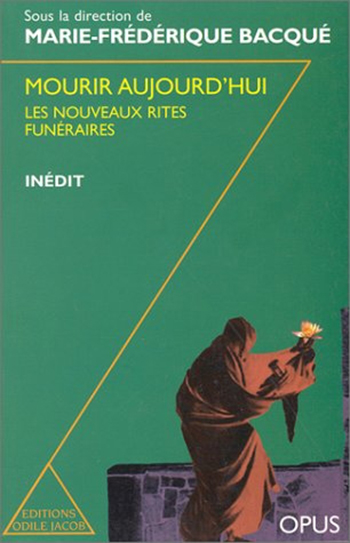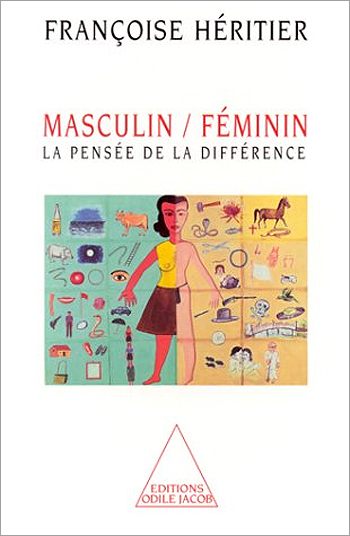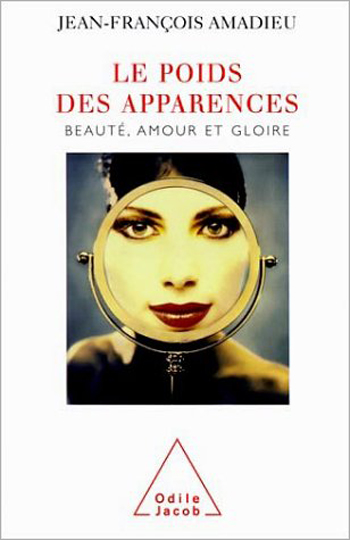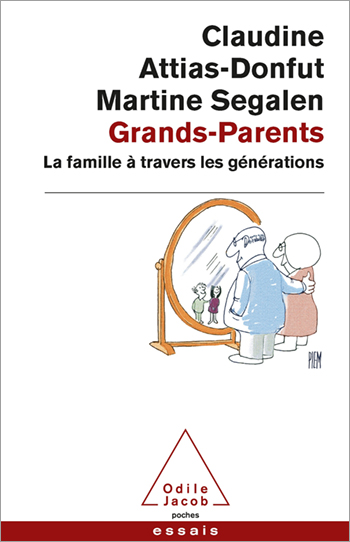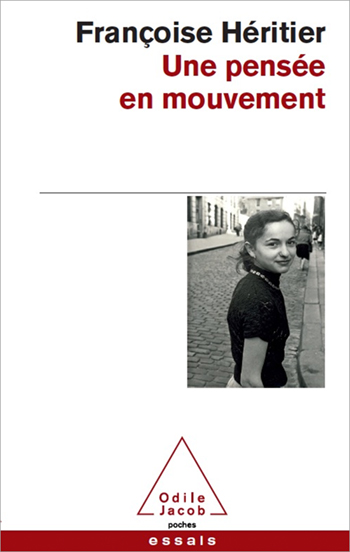Anthropology, Ethnology All books
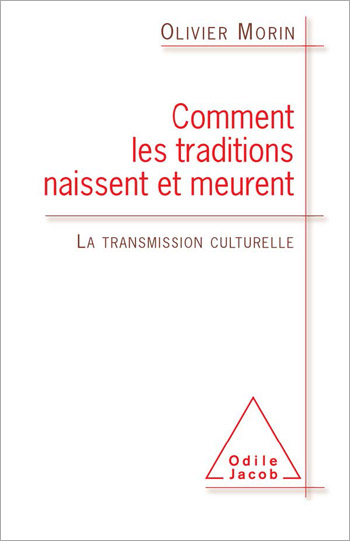
Olivier Morin
How Traditions Are Born And Die Cultural Trans
A new approach to how culture is transmitted that helps us understand the multicultural society in which we live
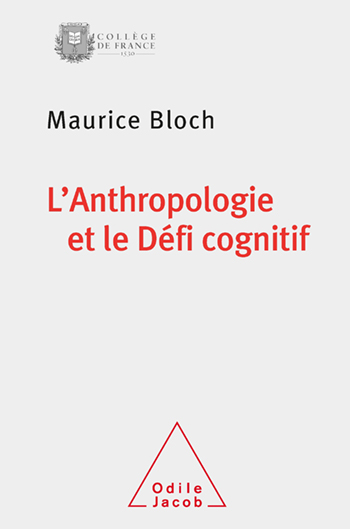
Maurice Bloch
The Anthropology and the Cognitive Challenge
An introduction to cognitive anthropology by one of the world’s most distinguished anthropologists
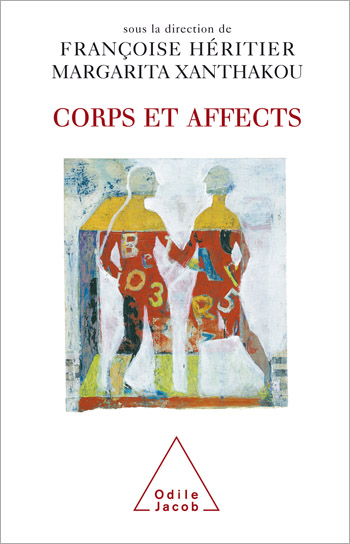
Françoise Héritier, Margarita Xanthakou
Body and Affects
The articles gathered here, written by eminent French anthropologists, present a novel angle on the way societies function. The writers argue that because societies are not abstract intellectual constructions, they cannot be dissociated from the physical individuals that constitute them, or from the affects (feelings and emotions) expressed by them. Included here are studies of Western and non-Western societies on such subjects as skin colour, religious rituals involving animals, witchcraft and flying sorcerers, passion in traditional North African cultures, and breast-feeding (both induced lactation to breastfeed infant girls and spontaneous lactation to breastfeed infant boys) in parts of Italy. Françoise Héritier is an anthropologist and teaches at the Collège de France. She is the author of Les Deux Soeurs et leur mère and Masculin/Féminin I and II, published by Editions Odile Jacob. Margarita Xanthakou, an anthropologist, is a research fellow at the Centre National de la Recherche Scientifique (CNRS).
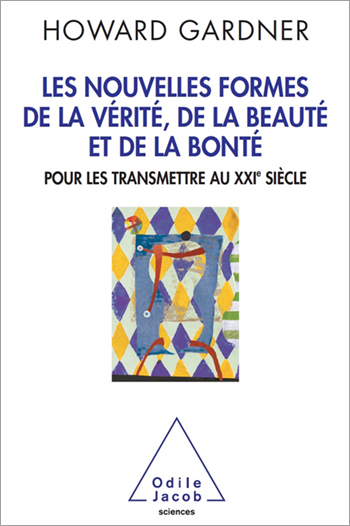
Howard Gardner
Truth, Beauty, and Goodness Reframed Educating for the Virtues in the Twenty-First Century
Truth, Beauty, and Goodness Reframed is an approachable primer on the foundations of ethics in the modern age.
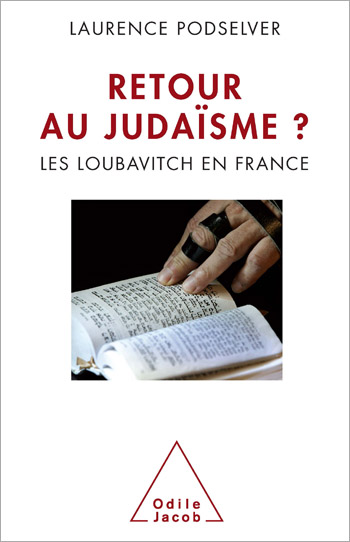
Laurence Podselver
Hasidism: The Jews of France in the Face of Fundamentalism
Based on years of study, this unusual anthropological study, helps us understand the individual itineraries that explain why so many Jews...
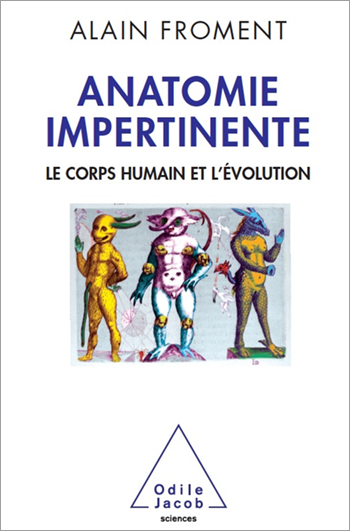
Alain Froment
Amazing Anatomy The Human Body and Evolution
A remarkable description of the human body, as seen through the history and evolution of the many living species that humans evolved from
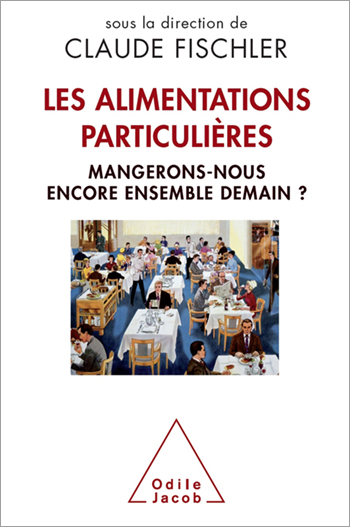
Claude Fischler, Véronique Pardo
Special Diets
In many countries, restrictive diets are changing individual eating habits — and profoundly altering the way we relate to one another.
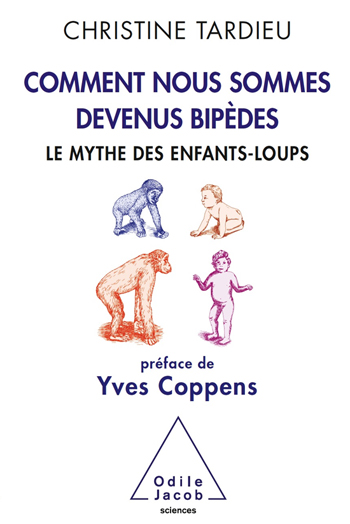
Christine Tardieu
How We Become Bipeds The Wolf-Child Myth
A history of how and why humans are the only mammals that permanently adopted bipedalism.
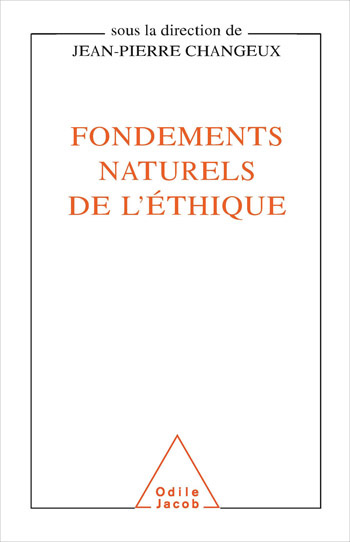
Jean-Pierre Changeux
The Natural Foundations of Ethics
Is the sense of morality universal, is it inherent to human nature? The members of this symposium gathered around Jean-Pierre Changeux ponder the diversity of moralities and question themselves about the conflicts due to cultural differences and the possibility of attaining a common morality which would be intrinsic to human nature.
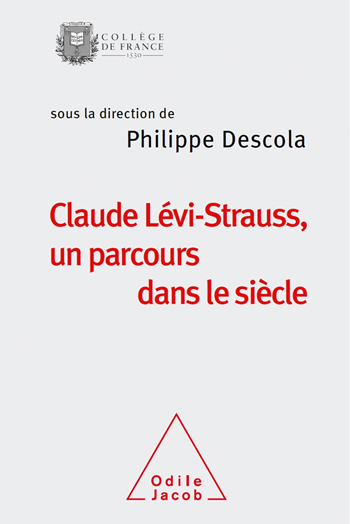
Philippe Descola
Claude Lévi-Strauss, A Journey Through the Century
Eminent specialists on Claude Lévi-Strauss, his disciples and intellectual heirs, from Brazil, Canada, France and the U.S., give us a wide-ranging view of every facet of the works and thought of the author...
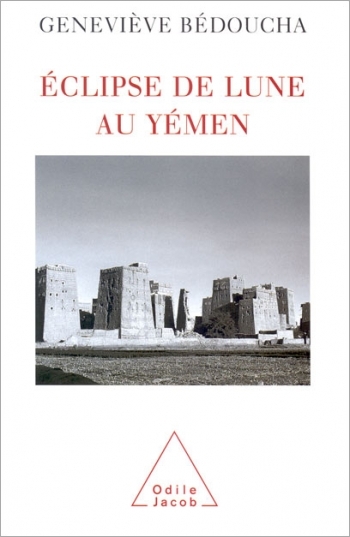
Geneviève Bédoucha
Lunar Eclipse in Yemen An Anthropologist's Emotions and Feelings of Bewilderment
This is a fascinating approach by a woman of a tribal society in a mountain valley in northern Yemen, near the Saudi Arabian border. Partly a travel book and partly a journal of the author's fieldwork, it restores an anthropologist's unique first-hand experience, questionings, hesitations and discoveries, from the first moments spent in an unfamiliar village. There are few anthropological works on Yemen, and even fewer about private life in rural societies in the hinterland of the former Arab Republic of Yemen (the author's fieldwork dates from the 1980s, before reunification). At the time, the presence of a female anthropologist led both men and women to talk openly, often jokingly and provocatively, of male-female relations, and it seemed to encourage women to voice strong criticisms of male behaviour and privileges. The women's comments reveal them to be lucid independent thinkers, and not at all submissive. This book is an invitation to discover a little-known rural community at close quarters, and to penetrate the secret universe of Yemen's many-storied mud houses. It reveals relations between men and women in a closed, but curious and hospitable, Muslim Arab society. An anthropologist and research fellow at the Centre National de la Recherche Scientifique (CNRS), Geneviève Bédoucha is a specialist in the relations between socio-political structures and irrigation systems in Arabic and Islamic societies.
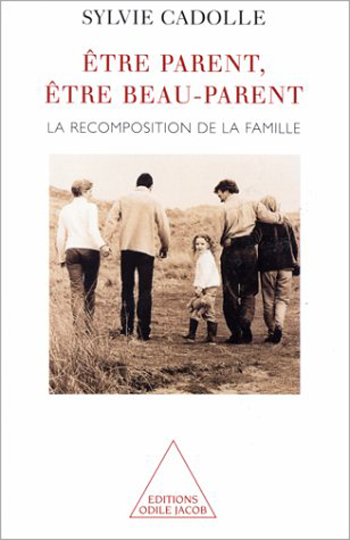
Sylvie Cadolle
Being a Step-parent The Recomposition of the Family
More than one million children in France live permanently or occasionally with a step-parent. What place does a step-parent hold in the family of a child whose parents are divorced or separated? What role does he or she play? Is it sufficient to know how to love in order to succeed in reconstructing a family? This is the first French investigation into the relations between step-parents and step-children that allows both the adults and the children to freely express themselves. Sylvie Cadolle teaches philosophy and educational sociology.
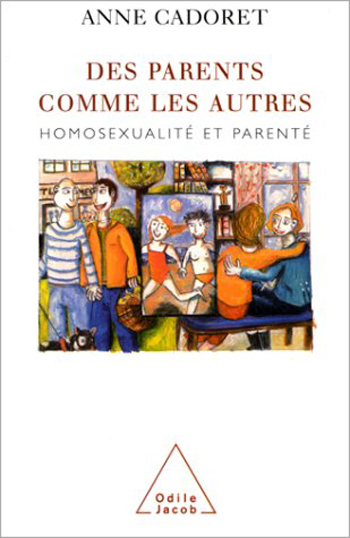
Anne Cadoret
Parents Like the Others Homosexuality and Parenting
There are numerous possible cases of homosexual parenting: How are these new types of family forged? What do homosexual parents seek? And what do they say about their experiences? Eschewing all ideological controversies, the author offers us an ethnological study of family structure which seriously calls into question the place of biology in parenthood and the identification of the parental with the conjugal couple. Anne Cadoret is a sociologist.
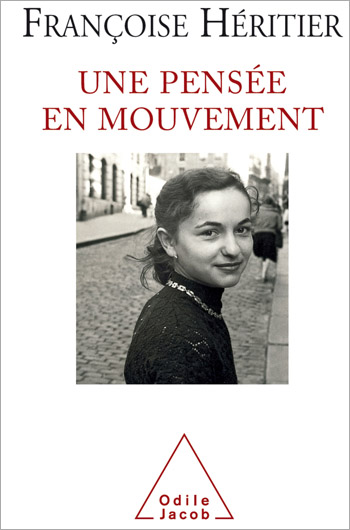
Françoise Héritier
Thought in motion
Based on a series of interviews, this book traces the career of a brilliant anthropologist, whose thinking enlightens and moves us
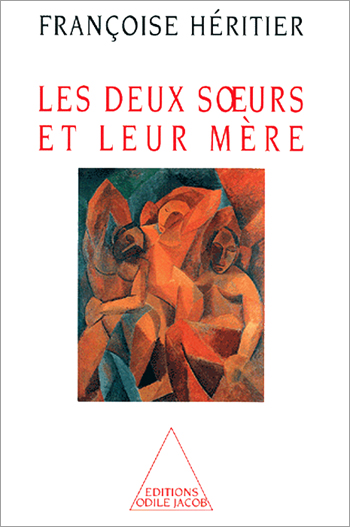
Françoise Héritier
Two Sisters and Their Mother The Anthropology of Incest
The author explores the taboo regarding the incest of the second type which concerns blood relations of a same sex who share the same sexual partner. She makes us understand that the categories which we use to determine what is incestuous and what is not are founded on representations of the identical and the different, which are themselves derived from the difference in the sexes.

